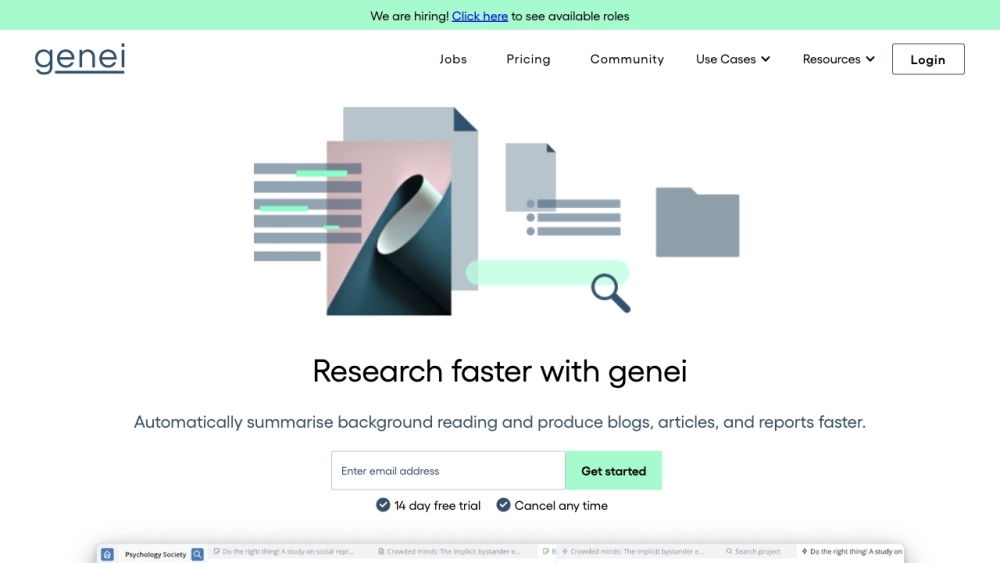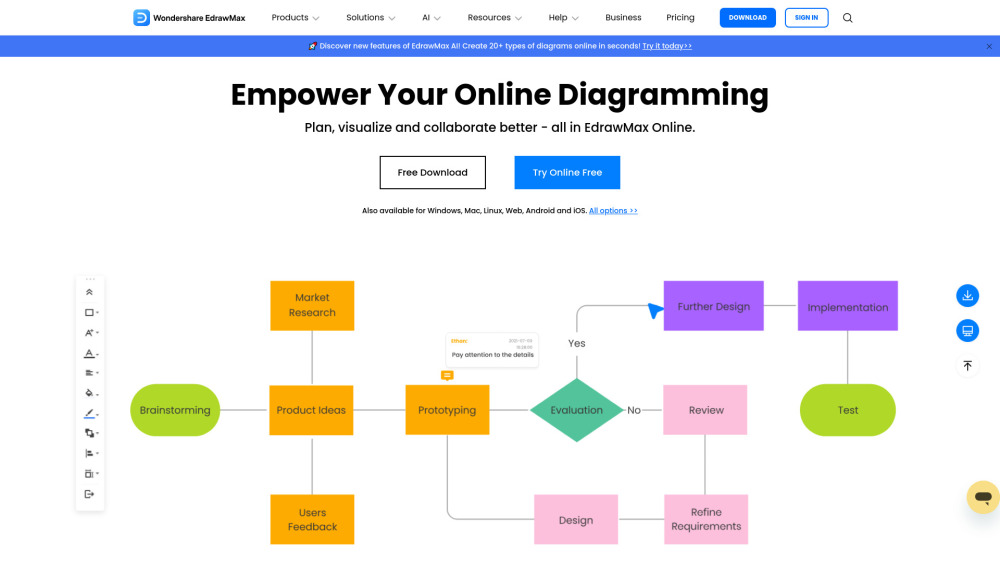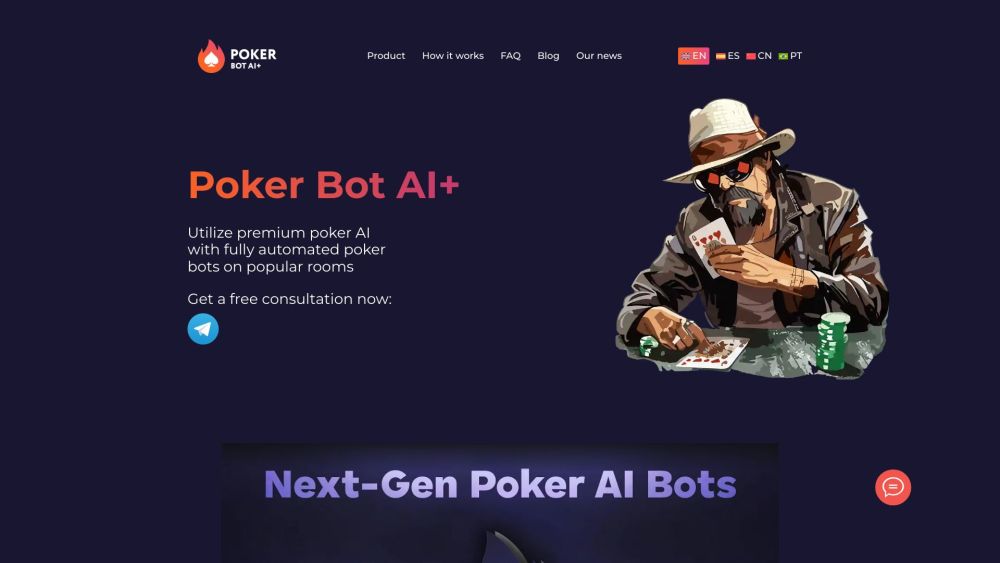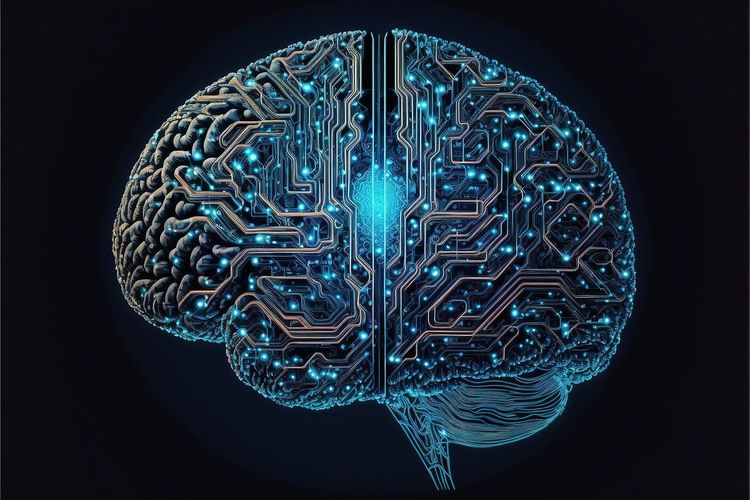OpenAI is introducing a new partnership program aimed at collecting diverse datasets from third parties to enhance its AI models. This initiative, called OpenAI Data Partnerships, seeks extensive private and public information that is not readily available online. The data collected may include not just text, but also images, audio, and video. OpenAI is particularly interested in data on "any topic" and in "any language" that reflects human intention, such as long-form essays or transcribed conversations.
This human-centric data is expected to improve tools like automatic speech recognition technology, which transcribes spoken language. The initiative also complements ChatGPT's recent voice query functionality, designed to facilitate more natural, conversational interactions. Greater exposure to varied data will enhance the AI's ability to conduct human-like conversations, ultimately improving its capabilities across various features.
By joining the OpenAI Data Partnerships program, organizations can play a role in shaping the future of AI through collaboration on public and private datasets. The testing conducted as part of this program will naturally enhance OpenAI's consumer-facing GPT-4 Turbo model, which has been updated to deliver more complex and meaningful responses. OpenAI is already collaborating with interested parties, including authoritative organizations like the Icelandic government, to refine GPT-4’s understanding of the Icelandic language through curated datasets.
Organizations wishing to participate can submit a form on OpenAI’s website detailing the type and size of the data they intend to contribute. There are two options for dataset submission. The first is the Open-Source archive, suitable for datasets intended for language model training, which will be publicly accessible. Alternatively, organizations may opt for the private dataset pathway, allowing them to train proprietary AI models while keeping their data confidential. However, OpenAI is not seeking datasets that contain sensitive or personal information.
ChatGPT has already seen explosive growth, reaching approximately 100 million weekly active users worldwide, making data privacy a critical concern. While OpenAI maintains that it does not use data generated by its API for model training unless users specifically opt in, vigilance regarding how the company manages data from this initiative—especially the private datasets—will be essential.





